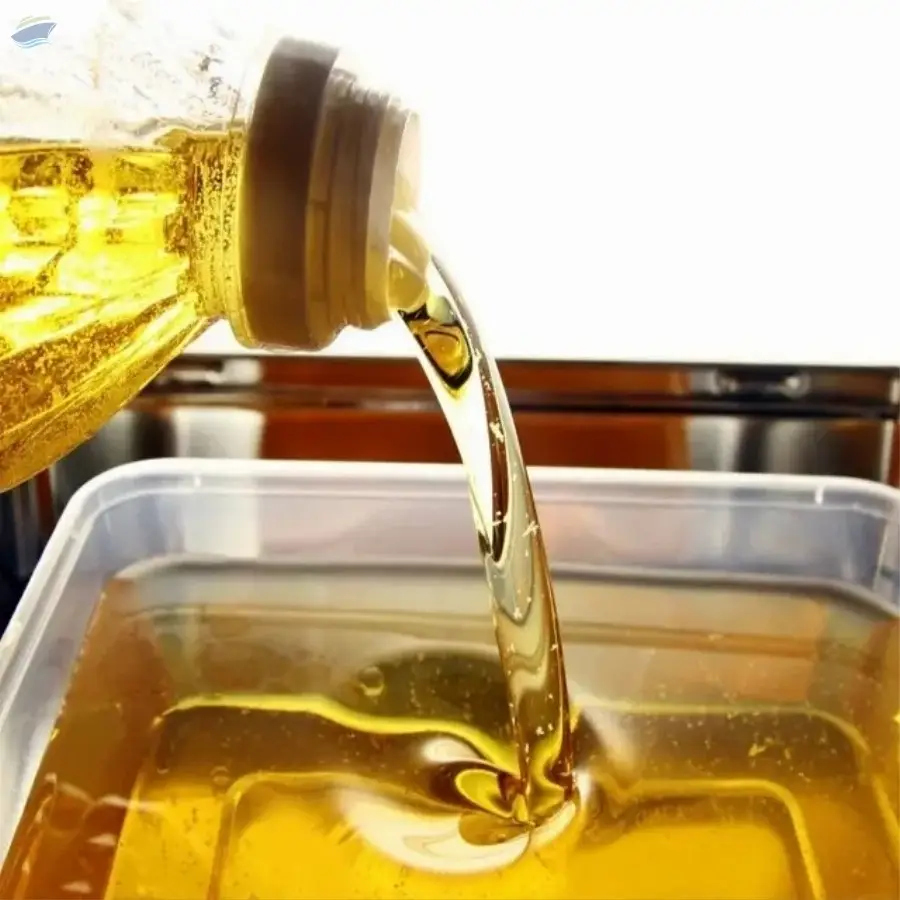India’s culinary diversity is not just a testament to its rich culture but also poses unique challenges, especially when it comes to managing waste like used cooking oil (UCO). With millions of restaurants, street food vendors, and households inadvertently mishandling UCO, the need for proper disposal and recycling is more crucial than ever. Understanding the risks of improper UCO disposal and the benefits of appropriate management can help mitigate environmental hazards and improve public health.
The Risks of Improper UCO Disposal
In many Indian cities, it is common to see UCO being poured down drains, which leads to severe sewage blockages and environmental degradation. This oil can end up in local water bodies, creating an impermeable layer on the water surface that disrupts aquatic life and water quality.
More alarmingly, there is a prevalent but hazardous practice among some restaurants in India to sell their used cooking oil to smaller dhabas and roadside vendors. This practice poses serious health risks as the reused oil, degraded by repeated heating, contains increased levels of harmful compounds such as trans fats and free radicals. These substances are strongly linked to numerous health issues, including an increased risk of heart diseases, liver disorders, and other serious chronic conditions.
The Benefits of Proper UCO Disposal
Proper disposal and recycling of UCO can turn a hazardous waste into a valuable resource. When collected and processed correctly, UCO is an excellent raw material for biodiesel production. Biodiesel from UCO offers a sustainable alternative to fossil fuels, reducing our carbon footprint and helping India’s energy security.
Additionally, compliance with regulations like those set by the Food Safety and Standards Authority of India (FSSAI) ensures that food businesses are not only adhering to legal requirements but are also contributing to a safer, cleaner environment. FSSAI mandates that businesses generating more than 50 liters of UCO per day must ensure its disposal through registered aggregators, underscoring the role of regulatory frameworks in sustainable waste management.
Call to Action: A Greener Future Begins in Our Kitchens
It’s time to look beyond the frying pan. Every liter of used cooking oil has a story that shouldn’t end in a roadside stall or a city drain. By partnering with organizations like Sagar Bio Refineries, we can script a different ending—one where every drop of used oil is a step towards a greener planet. Food businesses and households can wield significant influence by ensuring their UCO is managed responsibly. Let’s transform our oil habits into a potent force for good—turning waste into energy and forging a healthier, more sustainable world. Join us in creating a cleaner, greener India, where public health and environmental integrity are the main ingredients of our culinary practices.
The Imperative of Proper Disposal of Used Cooking Oil (UCO) in India: Risks and Benefits

